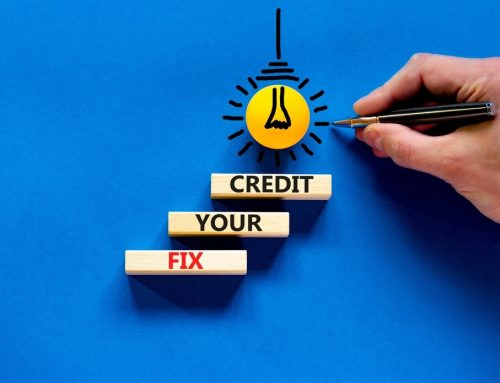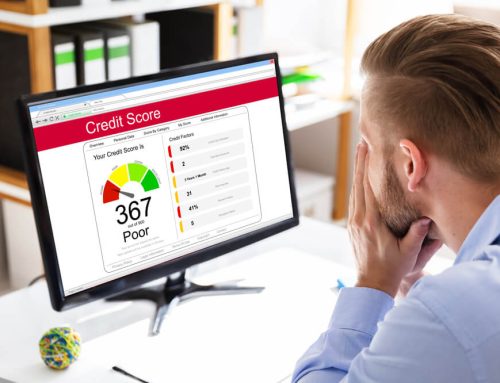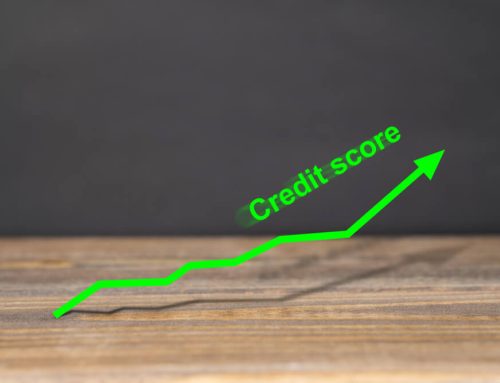A Guide To Building Your Credit Score
How to Successfully Build your Credit Score Ratings
It is vitally important to have good credit today. Not only does it determine the interest rate you will pay when you buy a car or a home, but a good credit history is also a factor when you are applying for a job, renting an apartment, obtaining car insurance rates, or applying for a credit card. What may seem like a tiny mistake to you, can actually drag you down for many years. One late payment, maxed-out credit cards, or taking out several loans at the same time all appear to be minor mishaps, however, the credit bureaus view them as a black mark on your credit report and creditors respond accordingly.
It is not that hard to establish and keep an excellent credit score, especially if you are just starting out. Follow these simple rules, and your credit will sparkle.
Check your credit report
Before anything else, you want to see what creditors are saying about you. Do this by checking with the three major bureaus: Equifax, Experian, and Trans Union. Credit reports are used to create a credit score, which is a three-digit number lenders typically used to gauge your creditworthiness. Scores range from 350 to 850 and lenders respond best when the score is over 720. Lenders also may look at the report itself, as may the landlords, employers, and insurance companies who use credit to evaluate applicants.
Check your credit score and reports regularly to see where you stand and where you stack up against the “standards”. By regularly checking your credit score ratings, you can have a better idea of where you might need improvement.
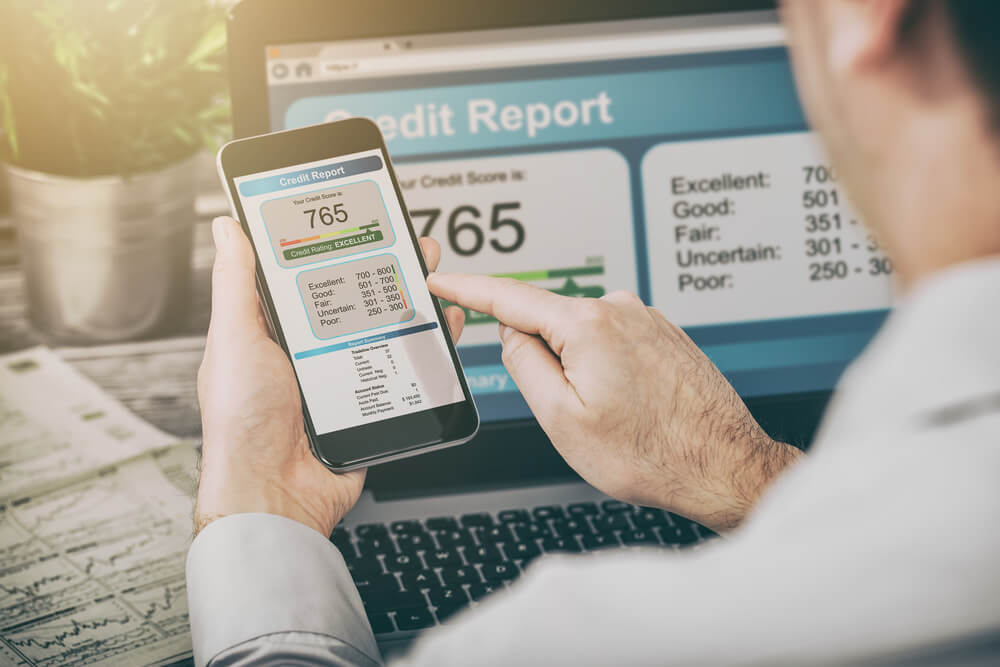
Establish checking and savings accounts
Lenders view checking and savings accounts as signs of stability, yet many people overlook this simple thing. Opening an account is also one of the few things you can do as a minor to start building a financial history. While you can't get a credit card in your own name until you're 18 and can be legally held to a contract, many banks have no problem letting you open a bank account.
Understand the basics of credit scoring
Basic knowledge of credit scoring will help you build your highest credit score yet. Two of the most important factors in building your score are:
- Whether you pay your bills on time.
- How much of your available credit you actually use.
It's absolutely essential that you pay all your bills on time. All it takes is a single missed payment to trash your credit score ratings -- and it can take seven years for the effects to completely disappear.
You also don't want to max out any of your credit cards, or even get close. You will get the best possible credit score and prevent yourself from getting over your head in debt if you keep your credit balances to less than 30% of your credit limits. (This means if you have a $3,000 limit your balance should stay below $1,000.)
And remember, you don't need to carry a balance on a credit card to have a good credit score. Paying your bill off in full is the best way to keep your finances in shape and build your credit at the same time.
Piggyback on someone else's good credit
The fastest way to establish a credit history and to build your highest credit score can be to "borrow" another's record, either by being added to a credit card as an "authorized" or joint user or by getting someone to co-sign a loan for you. Keep in mind though it is a two edged sword. You can gain good credit, however if either of you default, both parties suffer. (The co-signer has basically promised to make good on this account, so any delinquencies will show up on her credit report as well.)
Keep in mind that even if you get added to someone’s credit card, you may not be able to piggyback on his or her credit. Some credit issuers won't report authorized users to the credit bureaus, particularly if the user is not married to the original card holder. If the point is to give you a credit history, the person who's adding you as an authorized user should call the issuer and ask how (or if) your status as a user will be reported.
Apply for a secured credit card
If you can't get a regular credit card, apply for the secured version. These require you to deposit money with a lender and your credit limit is usually equal to the deposit.
You'll want to screen your card issuer carefully because there are a lot of bad guys in this particular niche of the credit world. Some charge outrageous application or annual fees and really high interest rates.
The first place you should look is your credit union if you belong to one. You can also check at www.bankrate.com for a list of secured credit card issuers. You may also call my office for a list of cards I recommend. Ideally, the card you pick would:
- Have no application fee and a low annual fee
- Convert to a regular, unsecured credit card after 12 to 18 months of on-time payments
- Be reported to all three credit bureaus.
If the issuer doesn't report to the credit bureaus, the card won't help build your credit history.
Get a finance company card
Gas companies and department stores usually use finance companies, rather than major banks, to handle their credit transactions. These cards don't do as much for your credit score as a bank card (Visa, MasterCard, Discover, etc.), but they're usually easier to get.
Again, don't go overboard. One or two of these cards is enough. If you get many more, you may find that later in your life these accounts could prevent you from getting the highest possible credit score. That's not a reason to avoid them completely, because right now they'll do you some good. Just don't apply for half a dozen.
Get an installment loan
To get the best credit score, you need a mix of different credit types including revolving accounts (credit cards, lines of credit) and installment accounts (auto loans, personal loans, mortgages).
Once you've used plastic responsibly for a year or so, consider applying for a small installment loan from your credit union or bank. Keeping the duration short -- no more than a year or two -- will help you build credit while limiting the amount of interest you pay.
Apply for credit while you're a college student
There's no easier time to get a card than while you're a college student. Lenders are willing to take risks with you that they won't once you graduate, probably because they know that your parents' willingness to bail you out will end once you get your diploma.
Be careful, though. Look for a card with a low or nonexistent annual fee and low-interest rates. For now, just get one: Opening a slew of credit accounts in a short period of time can make you look like a risky customer.
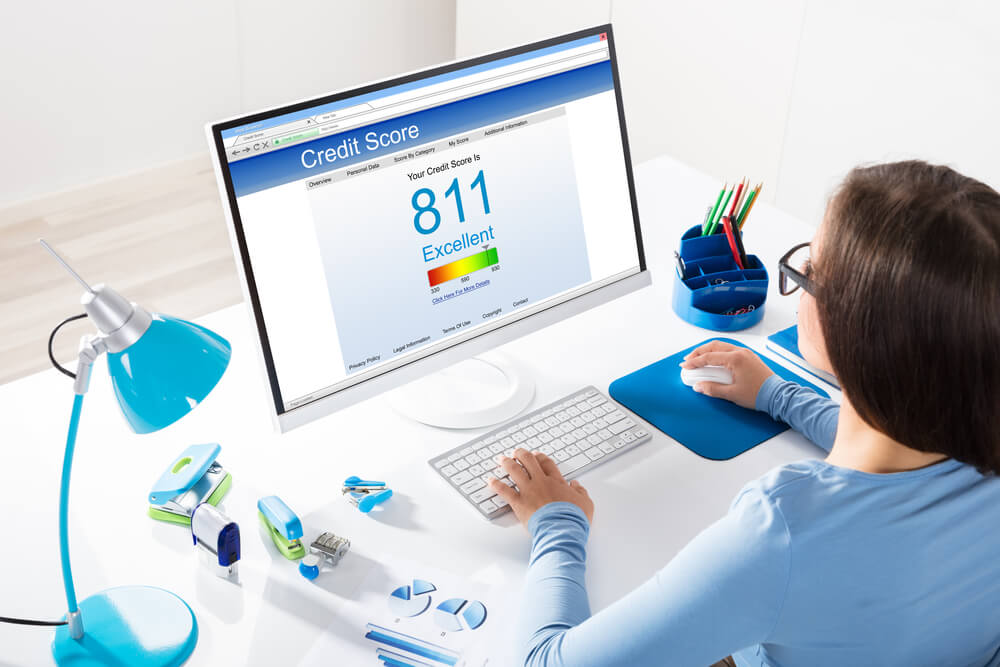
Use revolving accounts lightly but regularly
For a credit score to be generated, you have to have had credit for at least six months, with at least one of your accounts updated in the past six months.
Using your cards regularly should ensure that your report is updated regularly. It also will keep the lender interested in you as a customer. If you get a credit card and never use it, the issuer could cancel the account. Just remember the credit tips mentioned earlier:
- Don't charge more than 30% of the card's limit.
- Don't charge more than you can pay off in a month. Keep in mind, that you don't have to pay interest on a credit card to get a good credit score, and it's a smart financial habit to pay off your credit cards in full each month.
- Make sure you pay the bill, and all your other bills, on time.
In Conclusion
As you can see, rebuilding your credit score can be feasible, especially if you take smart steps and work towards rebuilding your financial health. Still, if you feel like you need expert help to achieve all this, you can always reach out to our experts who will be more than happy to help you get back on track.

